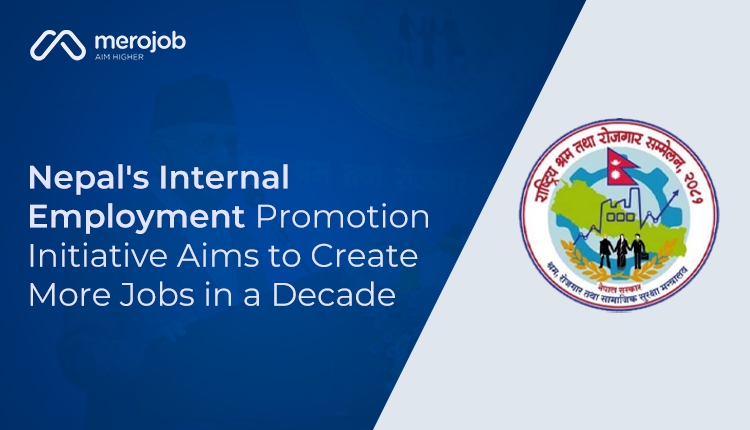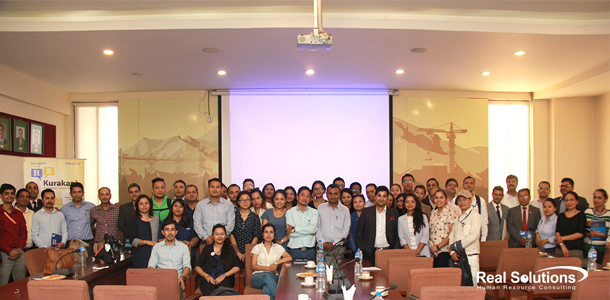The Future of Jobs Report 2025, published by the World Economic Forum, highlights seven key trends expected to shape and transform the global labor market by 2030. These trends, ranging from technological advancements to demographic shifts, are driving significant changes in job roles, skills demand, and workforce strategies. Here’s a detailed breakdown of these trends based on the report:
- Broadening Digital Access
- Rising Cost of Living
- Climate Change Mitigation
- Demographic Shifts
- Geo-economic Fragmentation
- Job Creation vs Job Loss
- Skills Outlook
Broadening Digital Access
- Broadening digital access is identified as the most transformative trend across industries, with 60% of employers expecting it to reshape their businesses by 2030.
- Advancements in technologies like AI, robotics, automation, and energy systems are accelerating this transformation.
- These innovations are creating a surge in demand for technology-related skills, such as AI, big data, networks, cybersecurity, and technological literacy, which are projected to be among the fastest-growing skills globally.
Rising Cost of Living
- The rising cost of living ranks as the second-most transformative trend, with 50% of employers anticipating its impact on their operations.
- Despite an expected reduction in global inflation, economic slowdown remains a concern, with 42% of businesses predicting slower growth.
- This trend is expected to displace 1.6 million jobs globally, while also increasing the demand for creative thinking and resilience, flexibility, and agility skills.
Climate Change Mitigation
- Climate change mitigation is the third-most transformative trend, with 47% of employers expecting it to drive business transformation.
- Additionally, climate change adaptation ranks sixth, with 41% of employers foreseeing its impact.
- These trends are fueling demand for roles in the green economy, including renewable energy engineers, environmental engineers, and electric vehicle specialists, all of which are among the fastest-growing jobs. Skills like environmental stewardship are also gaining prominence.
Demographic Shifts
- Two major demographic shifts are reshaping labor markets: aging populations in higher-income economies and expanding working-age populations in lower-income economies.
- Aging populations are driving growth in healthcare jobs, such as nursing professionals, while younger populations are boosting demand for education-related roles, like teachers.
- These shifts are also increasing the need for skills in talent management, teaching, mentoring, and self-awareness.
Geo-Economic Fragmentation
- Geo-economic fragmentation and geopolitical tensions are expected to transform one-third (34%) of surveyed organizations over the next five years.
- Factors like trade restrictions, subsidies, and industrial policies are influencing business models, particularly for economies trading heavily with the U.S. and China.
- This trend is driving demand for security-related roles and increasing the importance of network and cybersecurity skills, alongside human-centered skills like leadership and resilience.
Job Creation vs. Job Loss
- Structural labor-market transformations are projected to result in both job creation and job loss between 2025 and 2030.
- While 170 million new jobs are expected to be created (equivalent to 14% of current employment ), 92 million jobs are anticipated to be displaced (equivalent to 8% of current employment ). This will lead to a net growth of 78 million jobs (7%).
- Frontline roles, such as farm workers, delivery drivers, and care economy jobs, will see the largest absolute growth, while clerical roles like cashiers and administrative assistants will decline significantly.
Skills Outlook
- Over the 2025-2030 period, 39% of existing skill sets are expected to become outdated or transformed. However, the pace of "skill instability" has slowed compared to previous years, likely due to increased participation in training, reskilling, and upskilling programs.
- Employers identify analytical thinking, resilience, flexibility, and leadership as the most sought-after core skills.
- Technology-related skills like AI, big data, and cybersecurity are growing fastest, while manual dexterity and precision are declining in demand.
To address skills gaps, 59 out of 100 workers will require training by 2030. Employers plan to prioritize upskilling (85%), hiring new talent (70%), and transitioning staff from declining to growing roles (50%). Supporting employee well-being and implementing effective reskilling initiatives are seen as critical strategies for attracting and retaining talent.
Relevance to Nepal
For Nepal, these global trends offer valuable insights into the opportunities and challenges ahead:
Opportunities :
- Nepal can leverage its youthful population and growing digital infrastructure to tap into tech-driven roles and remote work opportunities.
- The country’s natural resources and focus on renewable energy align with the global green transition, creating potential for green jobs.
- Expanding working-age populations present a demographic dividend that could meet the rising demand for skilled professionals in healthcare, education, and other sectors.
Challenges :
- Addressing the widening skills gap, particularly in rural areas, will be critical to preparing workers for emerging roles.
- Economic vulnerabilities, including inflationary pressures and reliance on remittances, could strain the labor market.
- Geopolitical risks, such as trade restrictions, may impact Nepal’s trade-dependent economy, necessitating diversification and stronger domestic industries.
The Future of Jobs Report 2025 underscores the profound impact of these seven trends on the global labor market. From the rise of digital technologies and green jobs to demographic shifts and evolving skill demands, businesses and workers must adapt to thrive in this rapidly changing landscape. By prioritizing upskilling, diversity, and talent retention, organizations can navigate these transformations effectively and ensure sustainable growth in the decade ahead. Nepal can harness the opportunities presented by these global trends by addressing the challenges through strategic investments in digital infrastructure, green energy, and workforce development.
Thank you for reading this blog, we hope it helped you to understand the trends that are shaping the job market. For more job-related tips, you can subscribe to our Newsletter The Best Career Guide on Linkedin so that you get a step ahead in your Job Search as well as in your career.
Reference Literature:
WEF Future of Jobs Report 2025
Recommended Reading:
















